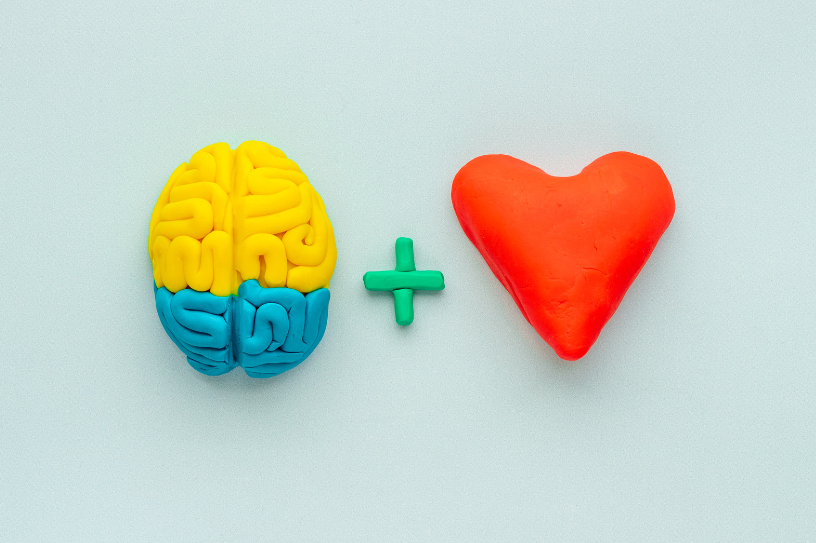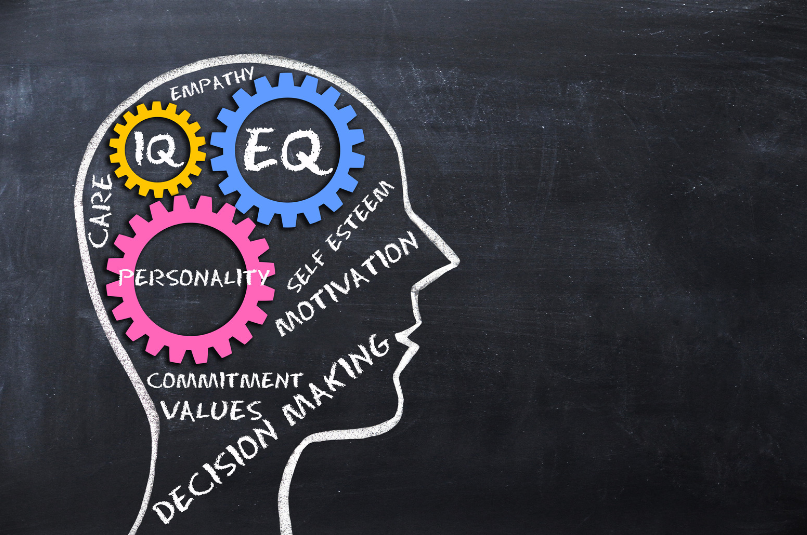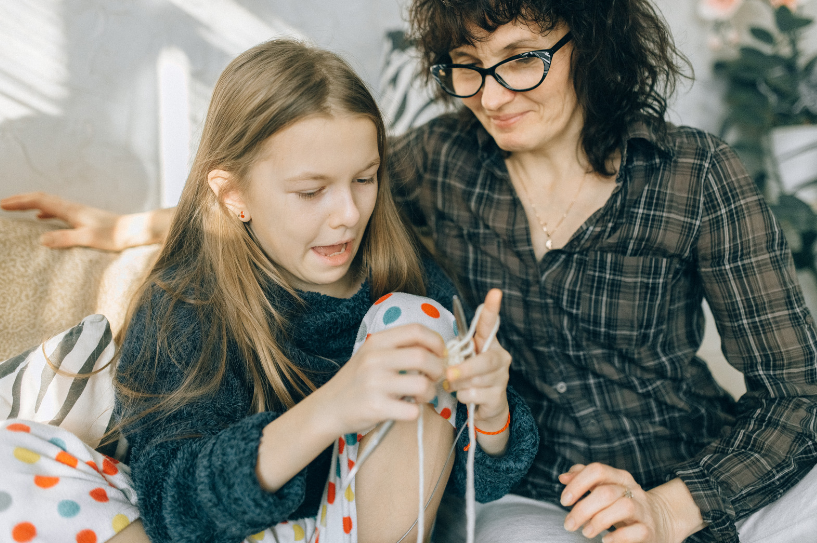How can you improve your family relationships for a better connection and a happier life? Our lives are full of relationships, whether they’re from work, romance, or your own family.
Family is number one in our lives, and we try our best to provide the best for them.
We wish the best life for our parents and provide the best life for your partner and children.
Improving your family life relationships can come with great benefits, as first, you will feel inner peace and happiness for your family when they love you and support you in your life, and second, it’s your duty to build great relationships for your loved ones.
If you don’t provide them with love and time, will you be better than them?
In our article, we will dive into how to improve family relationships for better family life and connections.
In the hustle and bustle of our daily lives, we often forget the essential foundation of our existence: family. Family relationships are the cornerstone of our emotional well-being and provide us with the support and love we need to thrive
The importance of family bonding

Family bonding is the glue that holds a family together. It’s the intangible connection that makes us feel secure and valued.
Without strong family bonds, relationships can become strained and distant.
To improve family-life relationships, it’s crucial to understand the significance of these bonds.
The way we get along with our family can really affect our happiness and health.
It’s all about how they support us and how much stress we feel when we’re around them.
When our family supports us with love, advice, and care, it can make us feel better in many ways. It can help us handle stress, change our behavior for the better, and even make our bodies work better.
On the other hand, if we often argue or feel criticized by our family or if they ask too much of us, it can make us feel worse.
Think of it like this: stress and support from our family are two big parts of a theory about how stress affects us. This theory says that stress can harm our mental health, but having people who care about us can protect us from that harm.
Other studies have shown that stress can really hurt our health and happiness, and when it comes from our family, it can be even worse.
Strengthen Family Bonds: Meaning and Benefits

Strengthening family bonds means nurturing the relationships that matter most. It involves spending quality time together, sharing experiences, and creating cherished memories.
The benefits of strong family bonds are numerous, including increased trust, emotional support, and a sense of belonging.
When our family supports us, it’s like having a tool to help us deal with stress and feel better about ourselves. It can make us more positive, happy, and mentally healthy.
When we feel valued and loved by our family, it boosts our self-esteem, which is how we see ourselves in a good way.
Our family can also help us make better choices for our health and encourage us to take care of ourselves.
They can even help us find the right healthcare when we need it. But sometimes, when we’re stressed because of problems with our family, we might turn to unhealthy habits to cope with the stress.
Stress from family issues can also mess with our bodies. It can weaken our immune system, hurt our hearts, and even make us more likely to be depressed.
On the flip side, having good relationships with our family can help us stay healthier.
So, it’s clear that how well we get along with our family can have a big impact on how we feel and how healthy we are.
Positive communication and family relationships
Effective communication is at the heart of any healthy relationship, and family relationships are no exception. Open and positive communication can help resolve conflicts, foster understanding, and create a harmonious environment within the family.
Talk to your partner and be a good listener to understand what they want and build a strong bond.
Appreciation for each other and family relationships
Expressing gratitude and appreciation within the family can work wonders. Simple gestures like saying “thank you” and acknowledging each other’s efforts can significantly improve family-life relationships. It creates an atmosphere of love and respect.
Tips for Building Healthy Family Relationships

Building healthy family relationships requires effort and commitment. Here are some tips to help you along the way:
1. Spend quality time together.
- Dedicate time for family activities and outings.
- Create traditions and rituals that strengthen family bonds.
2. Listen actively.
- Pay attention when your family members speak.
- Show empathy and understanding when they share their thoughts and feelings.
3. Resolve conflicts amicably.
- Avoid unnecessary arguments.
- Use effective conflict resolution techniques, such as compromise and active listening.
4. Support each other’s goals.
- Encourage and celebrate each other’s achievements.
- Provide emotional support during challenging times.
5. Seek professional help if needed.
- If family issues persist, consider family counseling or therapy.
Emotional intelligence in the family
Emotional intelligence plays a crucial role in maintaining healthy family relationships. It involves recognizing and managing emotions in oneself and others. Let’s explore the foundations of emotional intelligence in the family.
The Foundations of Emotional Intelligence in the Family

Emotional intelligence in the family is built upon self-awareness, self-regulation, empathy, and effective communication.
When family members possess these skills, they can better understand and connect with one another.
Families play a crucial role in shaping our organizational and social skills. Parents are like the captains of this ship, setting the direction for how we handle things like keeping things tidy, staying clean, and responding to different situations, both from within ourselves and from the world around us.
Parents also lay the foundation for skills like planning, handling crises, managing our time wisely, and dealing with stress. They provide us with valuable information, guidance, and role models, which help us develop something called emotional intelligence. This emotional intelligence is all about understanding and managing our feelings and how we relate to others. So, the family is like our first school for these important life skills.
Improving Family Relationships with Emotional Intelligence

A recent book called “The Secrets of Happy Families” by Bruce Feiler, as well as my experience as a therapist working with many families over the years, has led me to suggest five habits that emotionally intelligent families tend to have to improve family relationships:
1. Strong family identity
Emotionally healthy families have a strong sense of identity. They take pride in being part of their family and display a sense of togetherness.
While disagreements and sibling rivalries may occur, there is a fundamental sense of belonging and support.
These families stick together through thick and thin.
2. Balancing Optimism and Realism
Emotionally intelligent families strike a balance between nurturing positivity and accepting reality.
They believe in themselves and their ability to overcome challenges, even though they acknowledge that tough times are a part of life. They don’t isolate themselves but instead seek help from others when needed.
Moreover, they tend to focus on the brighter side of life rather than dwelling on the negatives, leading to a happier atmosphere within the family.
3. Teaching through Examples and Stories
Parents and grandparents in emotionally intelligent families not only teach through their own examples but also through stories that pass down family history.
Conversations and real-life experiences are used to impart emotional intelligence skills such as conflict resolution, financial management, handling complex relationships, or dealing with issues like anxiety and depression.
Rather than lecturing, parents share their own experiences and vulnerabilities.
4. Involving Children in Decision-Making
These families actively involve their children in decision-making processes, either formally through family meetings or informally. While parents provide guidance, they encourage children to express their thoughts and ideas.
Healthy debates are welcomed, with guidelines for expressing thoughtful opinions. Children might even be given the responsibility to determine consequences for their actions, and rules may be negotiated.
Parents understand the importance of nurturing independent thinking in their children rather than being authoritarian.
5. Acknowledging and managing emotions
Emotionally intelligent families recognize and validate all emotions, even the negative ones like anger.
They teach their children that having these feelings is normal and part of being human. The focus is not on suppressing emotions but on learning effective ways to handle them.
Parents guide their children to calm themselves when emotions run high, and once they are composed, they help them figure out what actions, if any, need to be taken to address the situation or improve their emotional state.
Using Emotional Intelligence to Get Along with Adult Relatives
As family dynamics change over time, it’s essential to adapt. Understanding the emotional needs and sensitivities of adult relatives can lead to more harmonious interactions.
Improving Relationships with Your Adult Children
Maintaining a strong relationship with your adult children can be challenging. However, by applying emotional intelligence and effective communication, you can bridge the generation gap and maintain a loving connection.
Reclaiming Your Adult Siblings
Family rifts with adult siblings can be painful. Yet, with emotional intelligence and a willingness to reconnect, it’s possible to rebuild these relationships and create a more united family.
Final Advice on How to Improve Your Family-Life Relationships
In conclusion to our therapy on how to improve your family life relationships, family is the cornerstone of our lives, and the quality of our family relationships greatly impacts our overall well-being. By understanding the importance of family bonding, practicing positive communication, and nurturing emotional intelligence, we can strengthen and improve these vital connections.
Remember, building healthy family relationships is an ongoing journey that requires effort, patience, and love. It’s about creating a safe and supportive environment where every family member feels valued and cherished. So, take the time to invest in your family relationships, and you’ll reap the rewards of a happier, more harmonious family life.
FAQs About How to Improve Your Family Life Relationships
How do you build a healthy family relationship?
Building a healthy family relationship involves spending quality time together, practicing open communication, resolving conflicts respectfully, and offering support and appreciation.
How can I improve relationships with family and friends?
Improving relationships with family and friends requires active listening, empathy, and open communication. Show appreciation and be supportive of their goals and aspirations.
How can I fix my relationship with my family?
To fix a strained family relationship, start by addressing the issues openly and honestly. Consider seeking professional help through family counseling or therapy if necessary.

